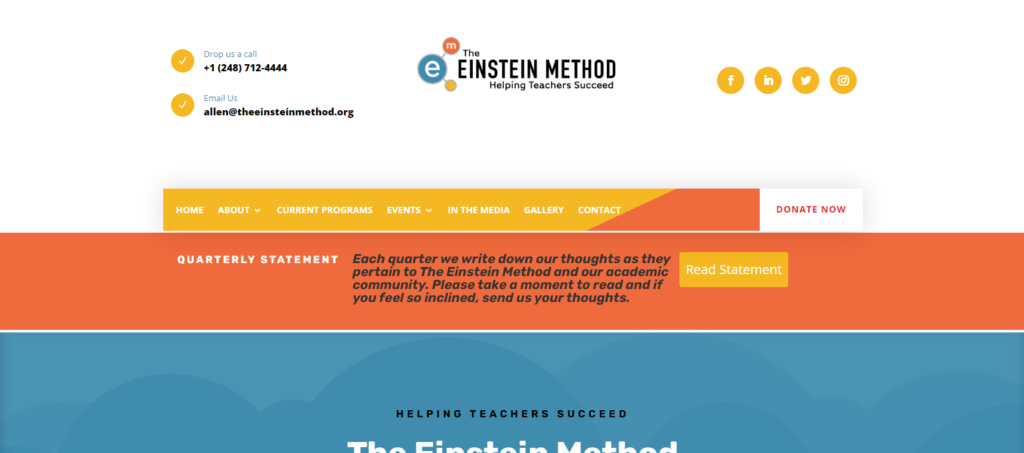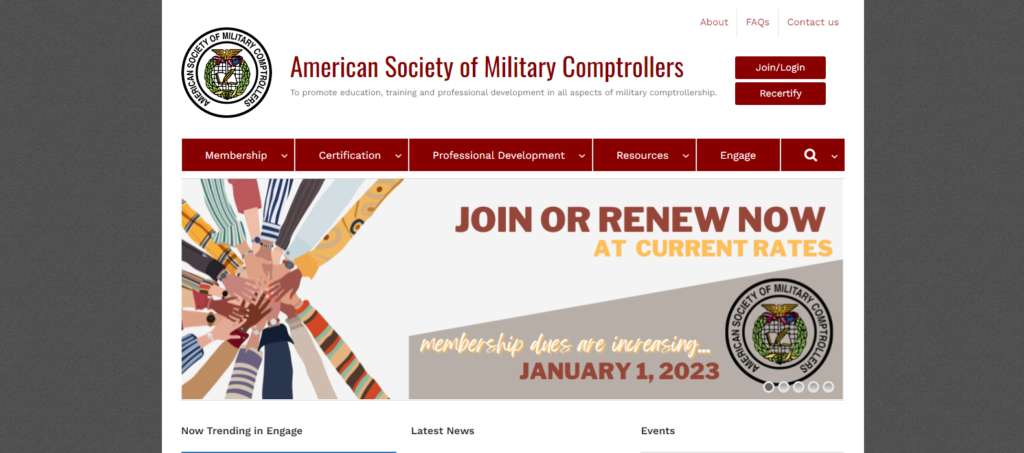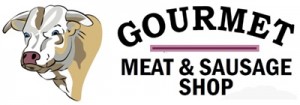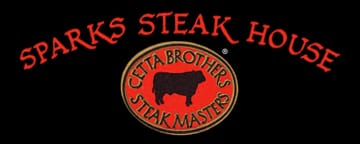Website Terminology Glossary
Schema Markup
A website schema, also known as schema markup, is a type of structured data markup that helps search engines understand the content and context of a website. It uses a standardized format of specific tags and properties to provide additional information about the website, such as its name, description, author, date of publication, and other details that can help improve search engine visibility and user experience.
Some examples of website schema markup include:
Organization
This schema is used to provide information about a company or organization, such as its name, logo, address, phone number, and social media profiles.
LocalBusiness
This schema is used to provide information about a local business, such as its name, address, phone number, hours of operation, and reviews.
Product
This schema is used to provide information about a product, such as its name, image, description, price, and availability.
Article
This schema is used to provide information about an article, such as its title, author, date of publication, and article body.
Review
This schema is used to provide information about a review, such as the name of the item being reviewed, the reviewer’s name, and the rating given.
Recipe
This schema is used to provide information about a recipe, such as its name, ingredients, preparation time, and cooking instructions.
FAQ
This schema is used to provide information about frequently asked questions, such as the question and answer pairs.
By using website schema markup, website owners can help search engines understand their content better and provide richer search results to users, which can lead to higher click-through rates, more traffic, and improved user engagement.
Need Help With Schema Markup ?



































